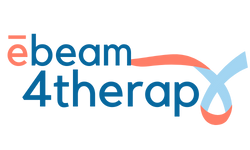This newsletter issue was sent to eBeam4Therapy newsletter subscribers on 31st January 2024. To sign up, enter your details in the ‘Subscribe to Newsletter’ section on our homepage.
We will be starting off this issue by sharing some details about our first-ever open workshop, taking place next month and featuring some key stakeholders from the fields of oncology, academia, and research, amongst others. Read on to learn how you can be a part of this highly-anticipated event.
Next, we will be introducing you to the two newest members of the eBeam4Therapy team – Dr. Rajakrishna Kalvala and Ms. Lidan Fridman. As part of Principal Investigator Prof. Dr. Victor Malka’s research team, these new recruits are set to aid our mission of revolutionising cancer care as we know it.
Finally, we will shine a spotlight on some of the latest research about how recent technology advancements can shape cancer care, before extending an invitation to join our ever-growing ecosystem.
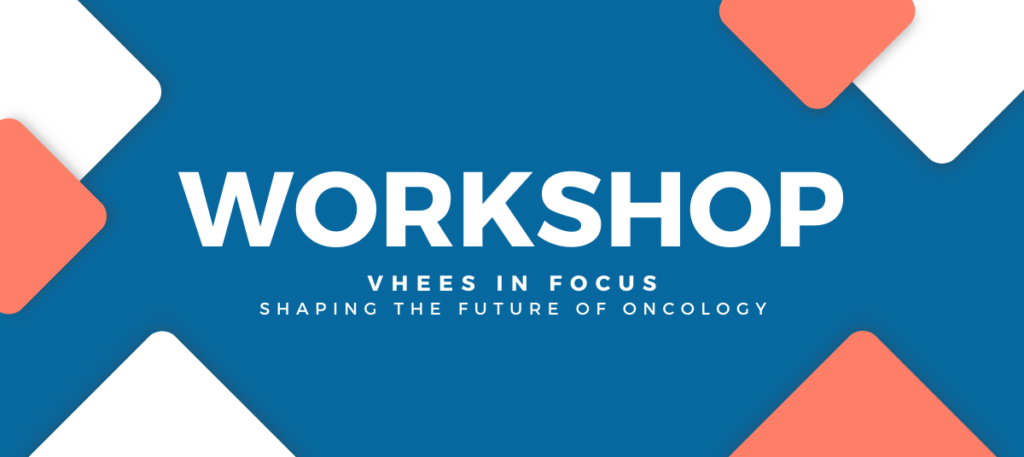
eBeam4Therapy proudly presents ‘VHEEs in Focus: Shaping the Future of Oncology’, an online open workshop exploring novel radiotherapy using very high energy electrons (VHEEs).
The workshop will be addressed by an array of remarkable guest speakers holding significant expertise in the field. These will include the following:
- Alessandro Flacco (Associate Professor, ENSTA)
- Luca Labate (Researcher, Intense Laser Irradiation Laboratory)
- Thomas Metzger (Managing Director, TRUMPF Scientific Lasers)
- Christophe Simon-Boisson (Product Line Manager, Thales Optronique)
- Ludovic De Marzi (Medical Physicist, Institut Curie)
- Yang Wan (Staff Scientist, Weizmann Institute of Science)
eBeam4Therapy Principal Investigator Prof. Dr. Victor Malka and Research Scientist & Project Manager Dr. Arnaud Courvoisier will also be addressing the workshop and providing project updates. All presentations hosted by guest speakers will be followed by a short Q&A session.
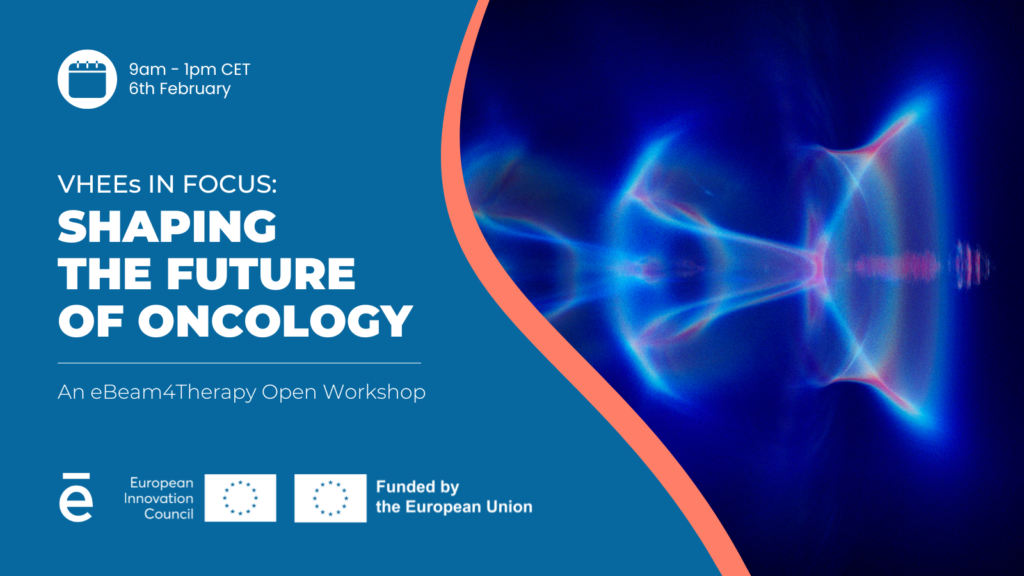
‘VHEEs in Focus: Shaping the Future of Oncology’ will be taking place on Tuesday 6th February 2024 from 9am to 1pm CET. The workshop will be taking place online, via Google Meet. Entry is free of charge.
Visit our dedicated LinkedIn event to learn more about the workshop and confirm your attendance.
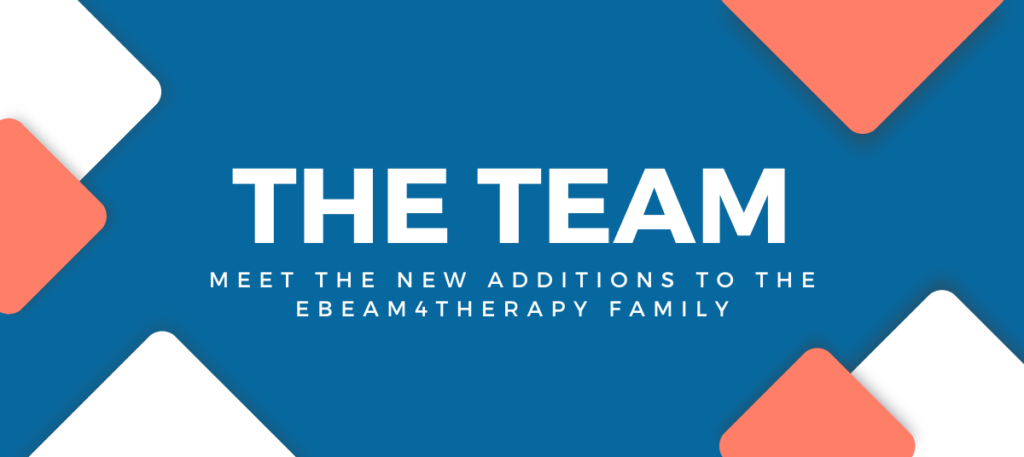
Over the past months, eBeam4Therapy has welcomed two new members to its dynamic team. Dr. Rajakrishna Kalvala and Ms. Lidan Fridman join Prof. Dr. Victor Malka’s research group over at the Weizmann Institute of Science – home to a well-acclaimed laboratory providing valuable insights into our understanding of the human body and the world around us.
Read on to learn how our new recruits’ expertise will help us on our mission to revolutionise the way we treat cancer.
Dr. Rajakrishna Kalvala | Research Scientist
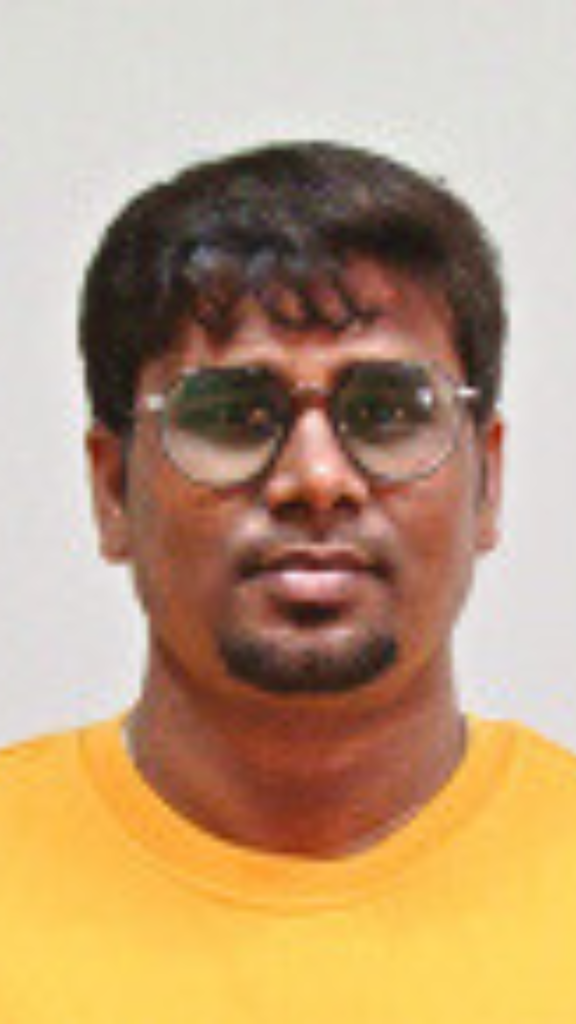
Dr. Kalvala is a nuclear engineering expert with a Ph.D. earned at the Indira Gandhi Centre for Atomic Research in Kalpakkam, India. He also holds a master’s degree in nuclear engineering from the University of Petroleum and Energy Studies in Dehradun, India, and an undergraduate degree in electronics and communication engineering from JNTU in Hyderabad, India.
His responsibilities encompass designing beam transport systems and performing calculations for radiation dose deposition.
Ms. Lidan Fridman | Doctoral Student
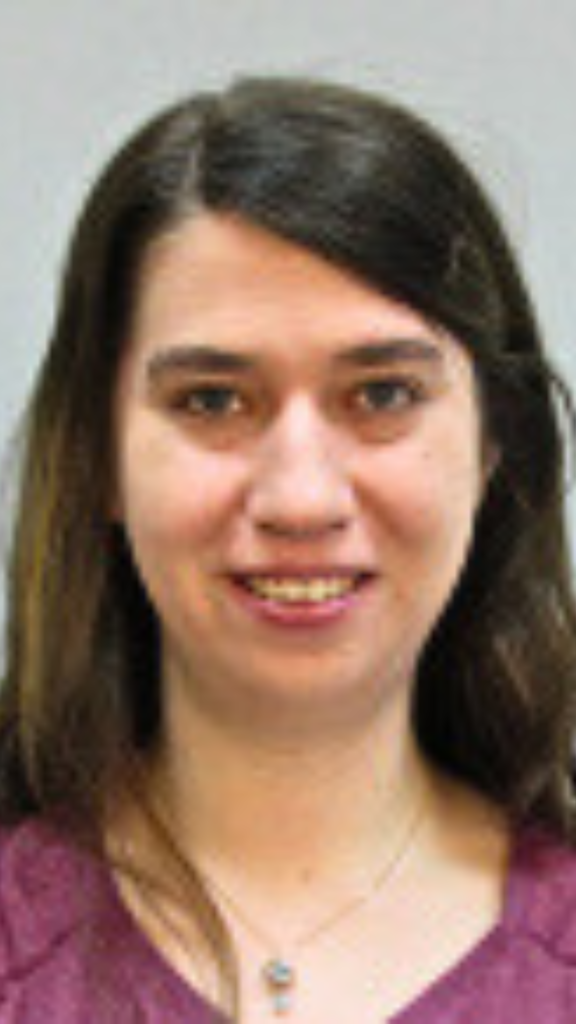
Ms. Fridman holds an MSc in Biomedical Engineering from the Technion Institute of Technology. She has expertise in medical applications relying on optical imaging and knowledge in light-tissue interactions, numerical simulations, and optical design.
Combining her optical background with her technical skills, Lidan is taking part in building the laboratory and in the development of innovative dosimetry methods.

‘What will radiation oncology look like in 2050? A look at a changing professional landscape in Europe and beyond’ is a study conducted by Michael Baumann, Nadja Ebert, Ina Kurth, Carol Bacchus-Wermke, and Jens Overgaard exploring the varied ways the radiation oncology sphere is set to change in the next 25 years.
In particular, this paper looks into how the cutting-edge IT advancements we have witnessed in the past years can revolutionize modern cancer care. Given the steep increase in cancer cases predicted to plague the global population in the near future, leveraging advances in data science and artificial intelligence (AI) may prove vital in our fight against this disease.
In light of this, Prof. Baumann and his team outline the four main ways they expect radiation oncologists’ work to differ in 2050. These are as follows:
- Technology & Research – Radiotherapy is expected to become seamlessly integrated with the varied fields of diagnostic imaging.
- Care – Data science and AI are expected to steer clinical decisions, in turn expanding the roles of medical physicists and data scientists.
- Training & Education – The ever-developing nature of the radiotherapy industry will require radiation oncologists to undergo a profound shift towards comprehensive scientific education.
- Society – With a majority of patients residing in low-or-medium income countries, global health efforts will be paramount to ensuring universal access to radiotherapy.
Click here to read the article in full and explore the interesting findings published by Prof. Baumann and his team.
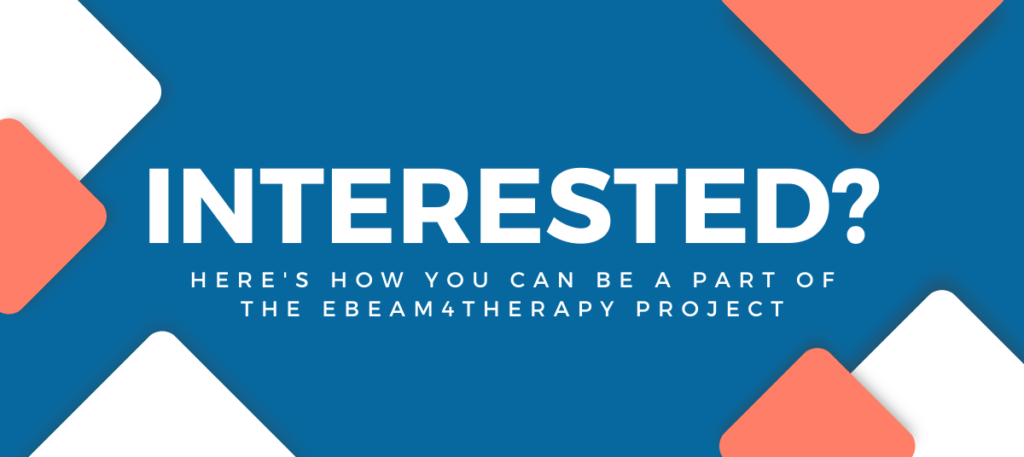
We want to hear from you! Our research team is busy defining the next generation technology in the laser plasma accelerator domain. This will allow us to make a crucial step forward towards applications requiring VHEEs at more demanding parameters.
Want to join this ecosystem?
Get in touch with us at [email protected], drop us a message through our social channels (linked below), or visit our website.

